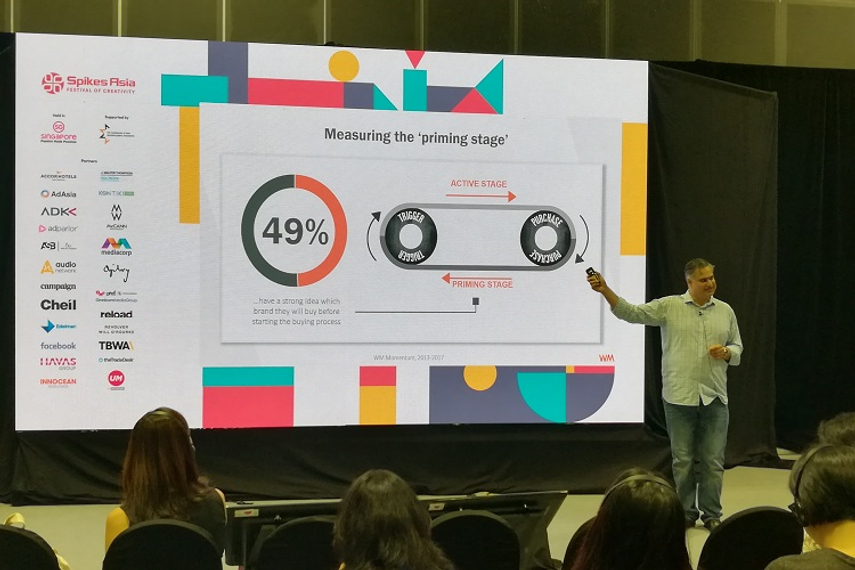
Please sign in or register
Existing users sign in here
Having trouble signing in?
Contact Customer Support at
[email protected]
or call+91 22 69489600
Raj Gupta of Wavemaker spoke about how brands can find their feet in the age of algorithms

Contact Customer Support at
[email protected]
or call+91 22 69489600
Top news, insights and analysis every weekday
Sign up for Campaign Bulletins
With his rugged charm and pan-India appeal, he became one of advertising’s most bankable stars, speaking to the India that lay beyond the metros.
With the $13.5 billion deal now awaiting its final EU approval, we break down the key milestones that have shaped the industry-defining merger.
Following a historic antitrust victory in September, the DOJ argued that Google’s dominance in adtech cannot be fixed with promises or fines alone.
Process has taken nearly three years.